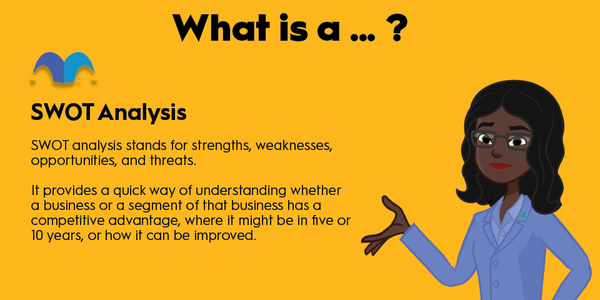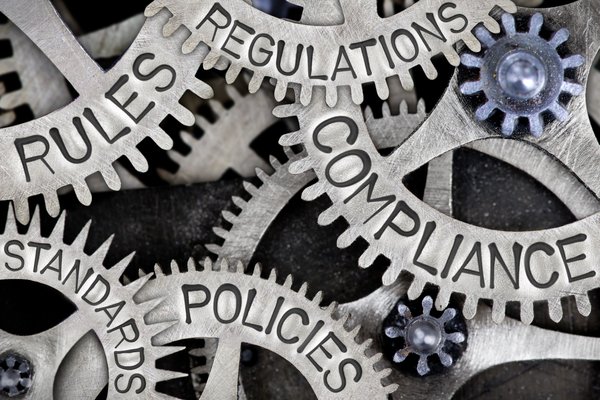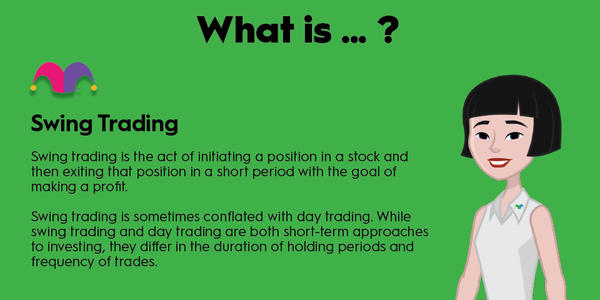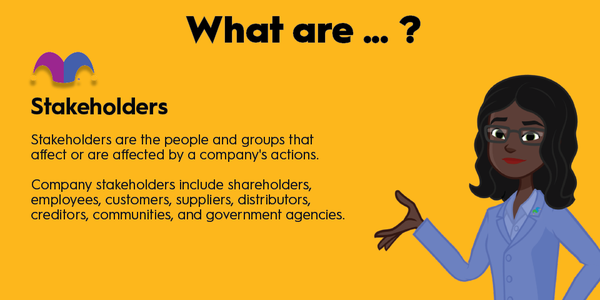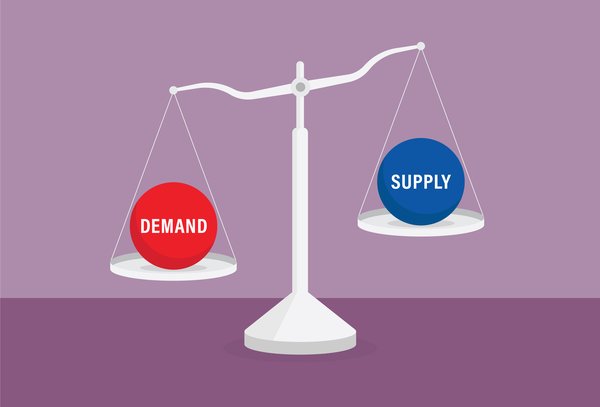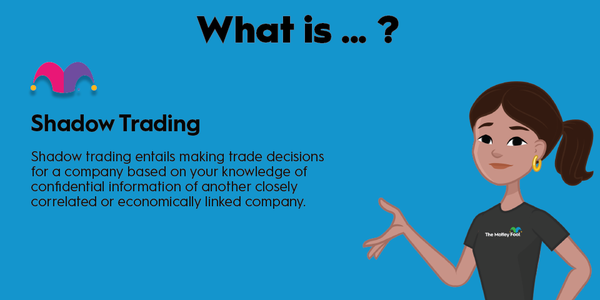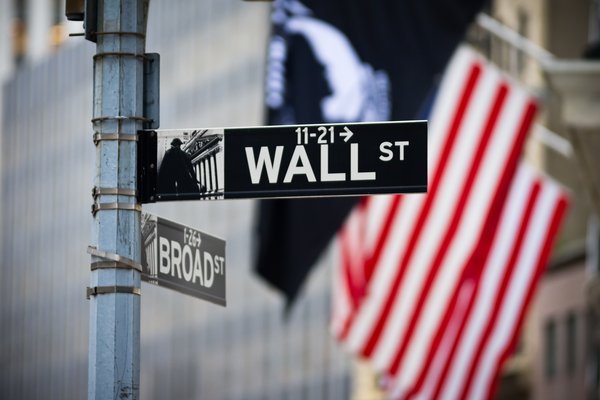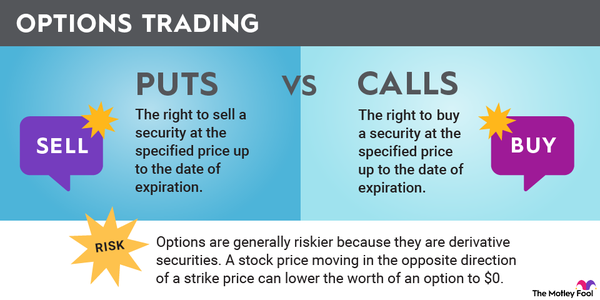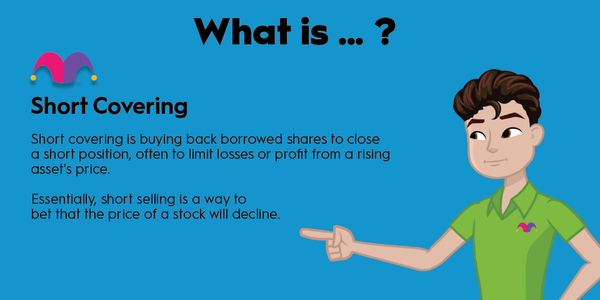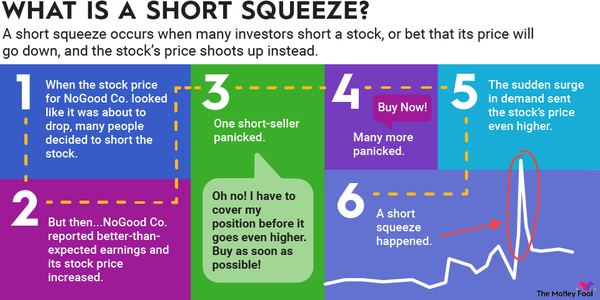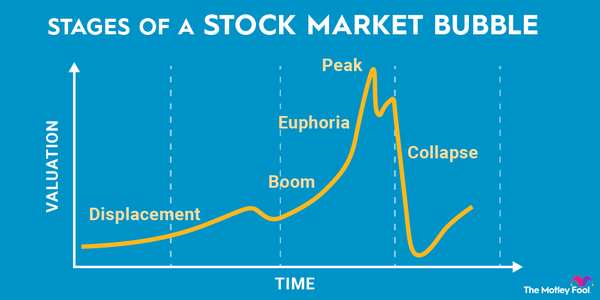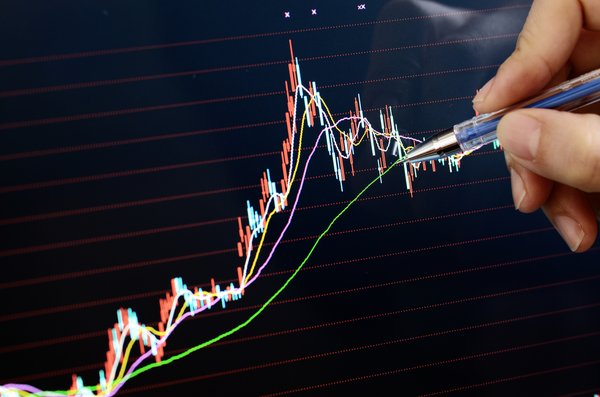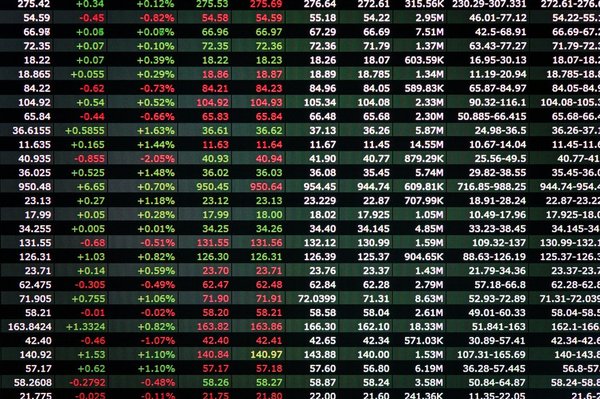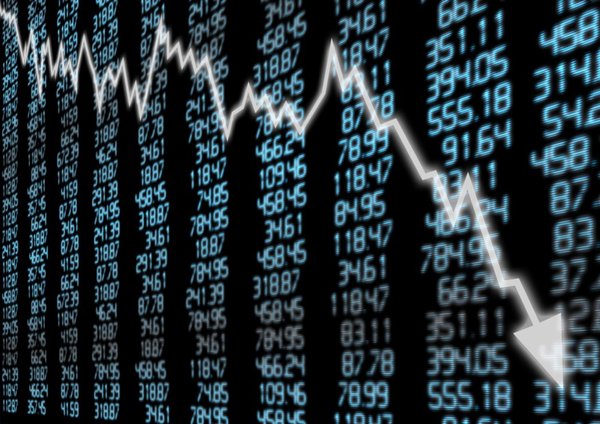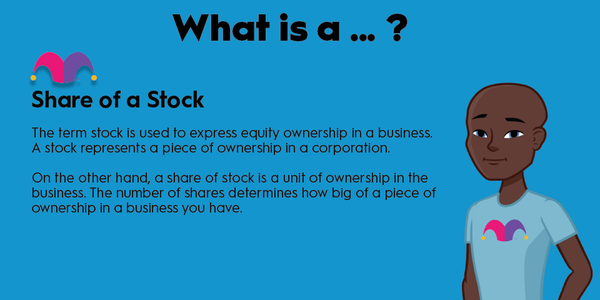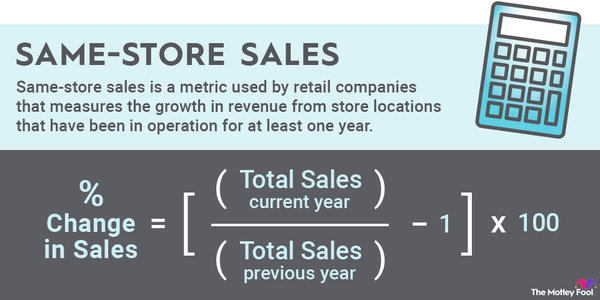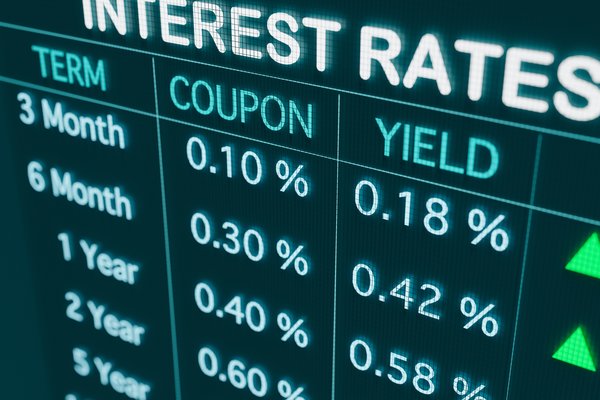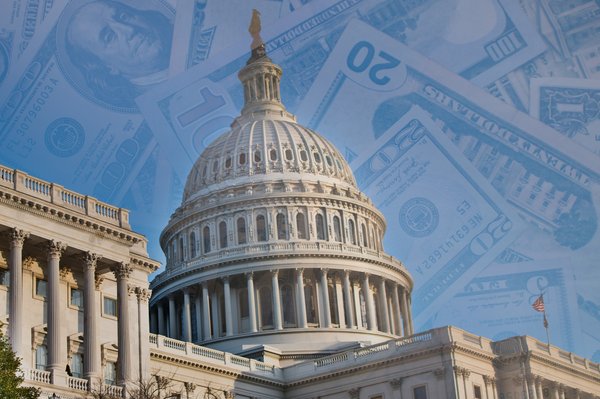The SEC, or Securities and Exchange Commission, is an independent government agency responsible for ensuring the integrity of the capital markets in the United States. Created in the aftermath of the Great Depression, the SEC aims to increase transparency and fairness in financial markets by requiring audited financial reporting and restricting insider trading, among many other duties.
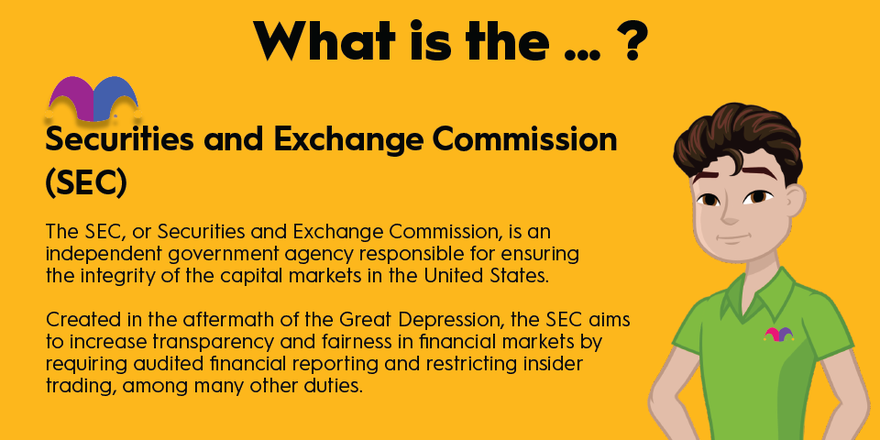
What is it?
What is the SEC (Securities and Exchange Commission)?
The SEC is a U.S. government agency created with the passage of the Securities and Exchange Act of 1934. The commission is responsible for enforcing the law against market manipulation. It oversees the actions of individuals and organizations in the financial markets, such as broker-dealers, advisors, exchanges, and investment fund companies.
The SEC requires publicly traded companies to submit quarterly and annual reports, and it provides access to its reports for investors through an online database called EDGAR (the Electronic Data Gathering, Analysis, and Retrieval system).
The agency is also responsible for enforcing several laws designed to protect investors and capital markets. That includes the Securities Act of 1933, the Investment Advisers Act of 1940, the Investment Company Act of 1940, Sarbanes-Oxley (2002), and Dodd-Frank (2010). It primarily enforces those laws by bringing civil suits against violators.
How it works
How the SEC works
The SEC is headed by five commissioners, one of whom is designated as a chair. Each commissioner is appointed by the president for a five-year term; a new commissioner is appointed every year. No more than three of the five commissioners can come from the same political party.
There are five divisions within the SEC:
- Corporate Finance: Oversees submissions from public companies disclosing quarterly and annual earnings, mergers and acquisitions, and other transactions. It maintains EDGAR.
- Trading and Markets: Oversees self-regulatory agencies and broker-dealers. It sets the standards for fair market operations but is fairly hands-off, allowing FINRA to handle most of the work in regulating broker-dealers and other securities professionals.
- Investment Management: Oversees registered investment companies, like mutual fund companies and registered investment advisors. The division is primarily responsible for enforcing the Investment Advisers Act of 1940 and the Investment Company Act of 1940.
- Enforcement: Investigates violations of the securities laws and brings civil suits against violators.
- Economic and Risk Analysis: Responsible for analyzing data to determine the financial risk to incorporate into SEC activities, including policy and rule-making, enforcement, and examination. The division was created in 2009 following the Great Recession.
The SEC is an advocate for investors
The SEC is an advocate for investors
As a regulatory agency, the SEC acts on behalf of citizens to protect individuals from anyone attempting to violate or circumvent the securities laws passed by Congress. It exists to give investors confidence that the reports received from companies they might buy stock in are truthful and accurate.
The commission protects investors from fraudulent activities like the pyramid scheme infamously run by Bernie Madoff. If an asset manager or broker is taking advantage of clients, the SEC can investigate them and bring charges.
The Dodd-Frank Act created a whistleblower program in 2011, which rewards individuals reporting securities law violators to the SEC. Whistleblowers receive 10% to 30% of the penalties collected by the SEC as a result of any information provided.
Related investing topics
The SEC response to the Great Recession
The SEC response to the Great Recession
The SEC may have facilitated the banking crisis that led to the Great Recession. It relaxed the net capital rule in 2004, allowing investment banks to increase their financial leverage. The change led the investment banks to take on more mortgage-backed securities, many of which were composed of subprime mortgages. As delinquencies on the subprime mortgages ended up in default, the value of the securities held by investment banks fell sharply, and the leverage they used multiplied those losses.
The SEC moved to bring charges against dozens of financial institutions in the aftermath of the crisis. It charged 15 banks and advisors with concealing risks, terms, and improper pricing in collateralized debt obligations (CDOs) and other complex structured products. It charged 20 mortgage companies and banks with misleading disclosures to investors about mortgage-related risks and exposure. It also charged nine asset management groups and fund companies with concealing the extent of risky mortgage-related and other investments in mutual funds and other financial products. Eventually, the SEC charged a total of 204 entities and individuals, bringing $3.76 billion in penalties, disgorgement, and other monetary relief.
Although the SEC couldn’t prevent the crisis and may have helped facilitate it, it was able to act on behalf of investors to pursue justice for the misleading actions of many institutions and individuals who caused the crisis.


